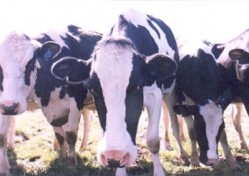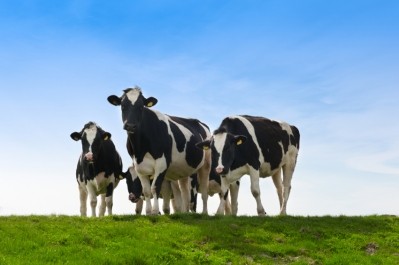EFSA review reconfirms no safety concerns over food from cloned animals

The report applies particularly to milk and meat from cattle and pigs. Limited data exists still on other animal species.
But the region’s leading food safety body recognised that animal health and welfare concerns persist with the use of the technology, which had advanced slightly but not enough to realise significant improvements in cloned animal mortality rates.
Third assessment in four years
The present statement, follows earlier assessments in 2009 and 2010, and was based on a review of research published since the preceding statement two years ago. The Parma-based body embarked on its third review in four years following a request from the European Commission at the end of last year.
The latest review has concluded that not only had it not found any information that would lead it to change its position on food from cloned animals but that the latest studies backed previous findings.
Main findings
EFSA highlighted that its main finding regarding food safety was there were no indications that differences exist for meat or milk products from healthy clones or their offspring compared to those from conventionally bed animals.
It was not possible to make food safety or animal welfare assessment for other species due to a lack of research data, it added.
However, the experts flagged up ongoing problems with the standard cloning technique that uses Somatic Cell Nuclear Transfer (SCNT).
EFSA said the technology can produce healthy animal clones but that health and welfare concerns remain because of the heightened mortality rates at all stages of development - including during the perinatal and juvenile periods, as well as deaths through abortion.
Another key finding was that the offspring of clones born through conventional breeding appear to develop normally and are not affected by these complications.
It added that while progress has been made regarding the SCNT technique since 2010, these were “limited” and had so far not led to “the significant enhancement of the overall efficiency of cloning”.
The scientists further concluded that, based on limited data, there was “no information available” to suggest animal cloning posed a threat to genetic diversity, biodiversity or the environment compared to non-clones.
The report recommended that harmonized frameworks on cloning efficiency and species-specific parameters to log health and welfare data would both be beneficial.
To read the full report click HERE














